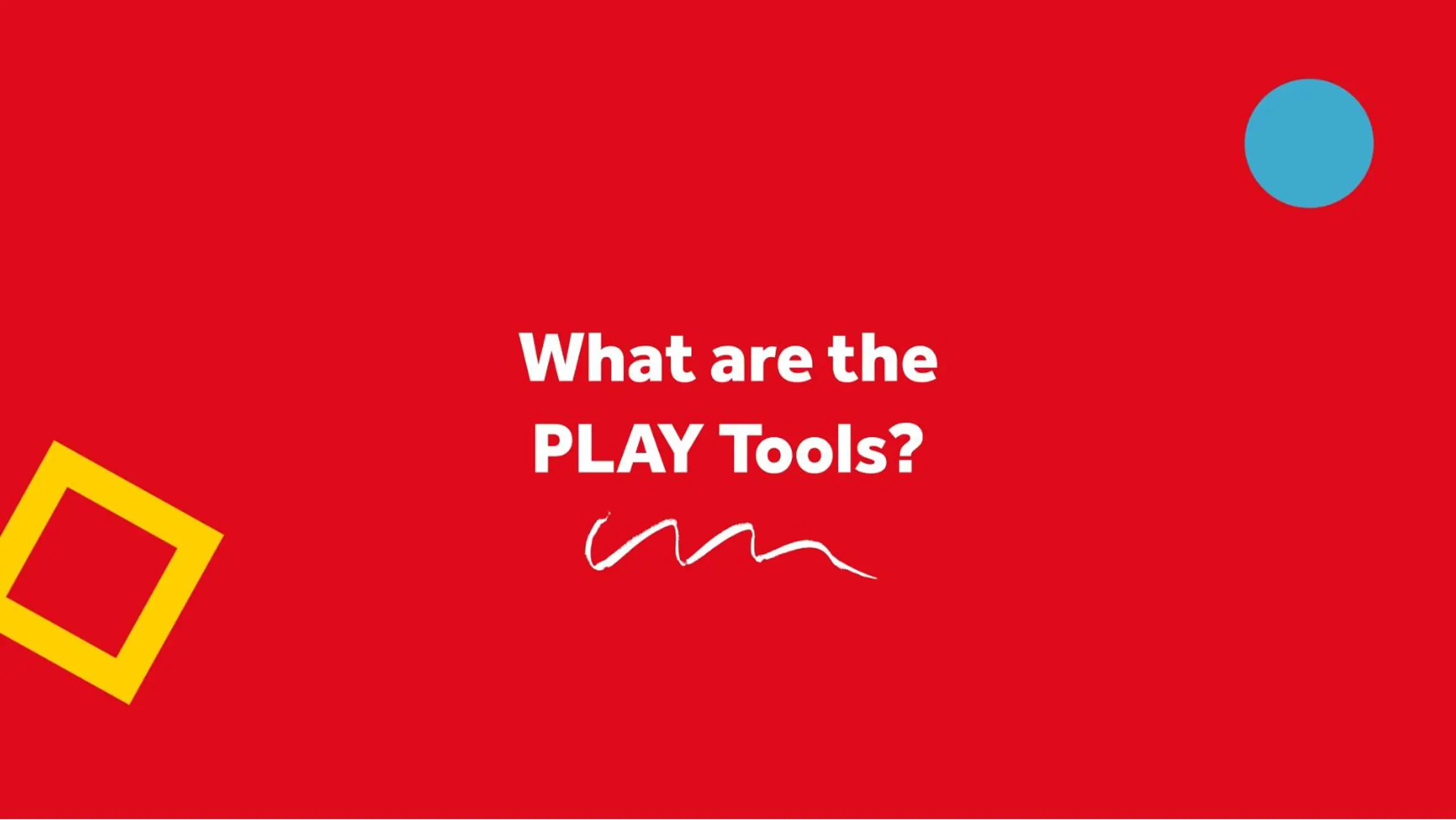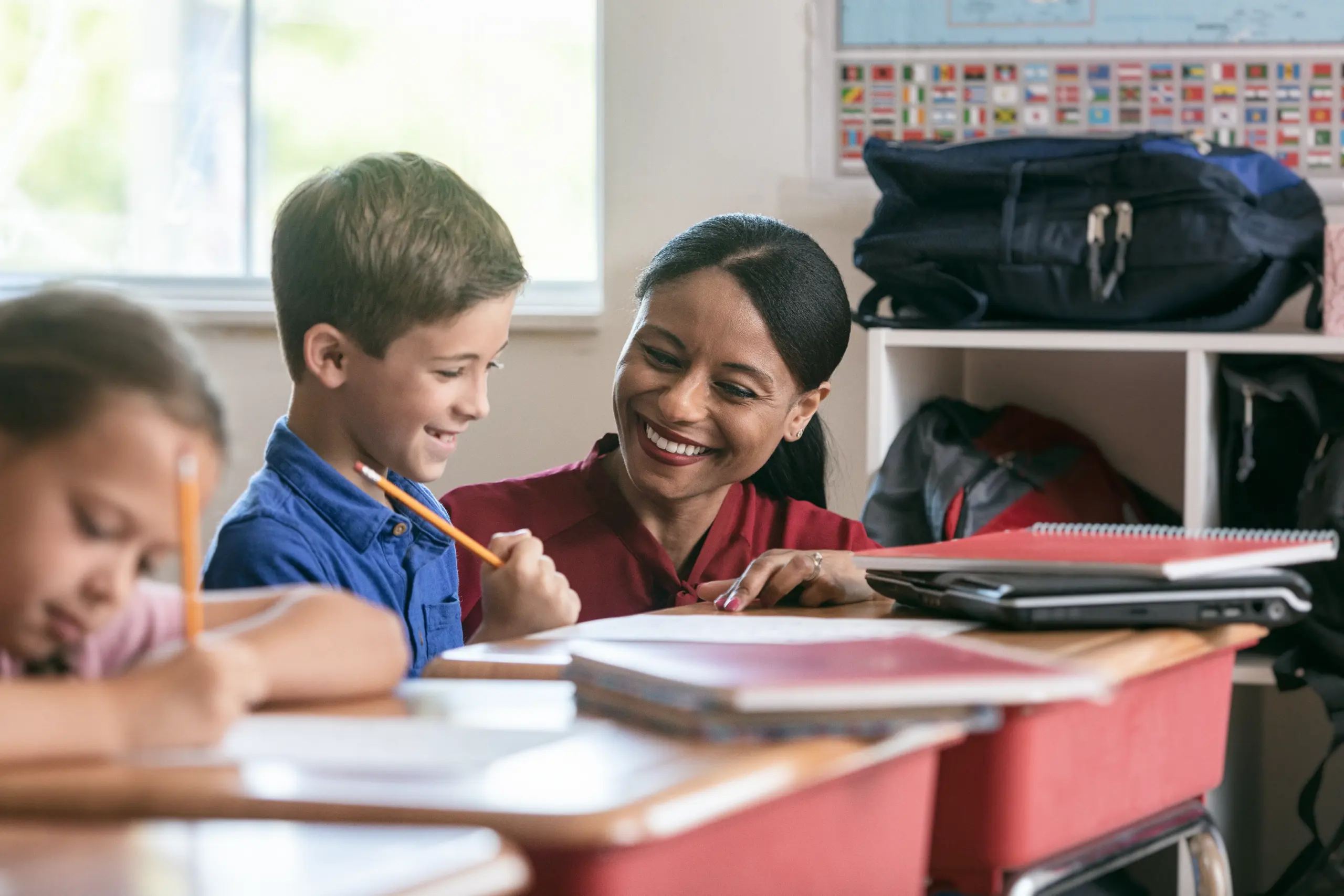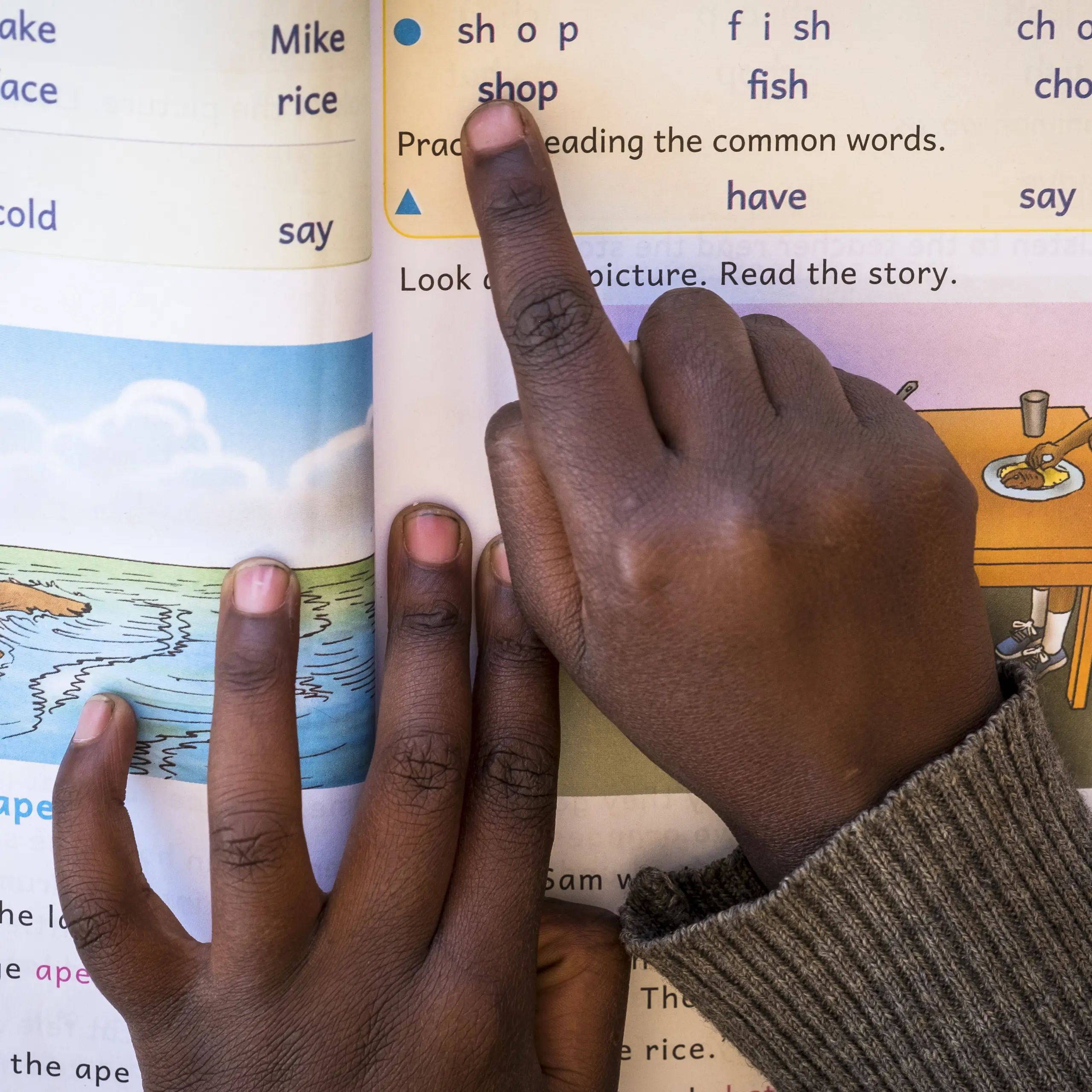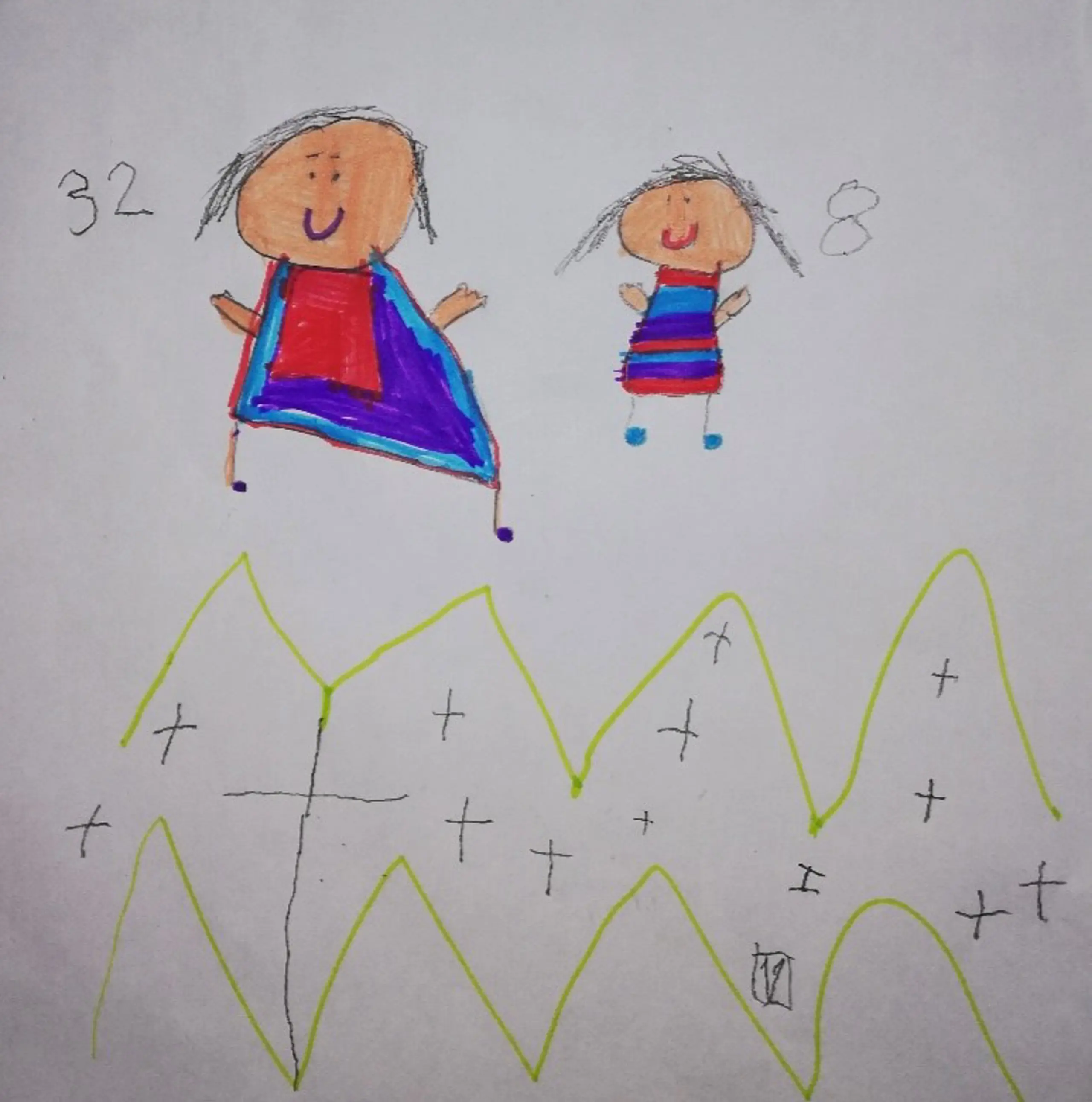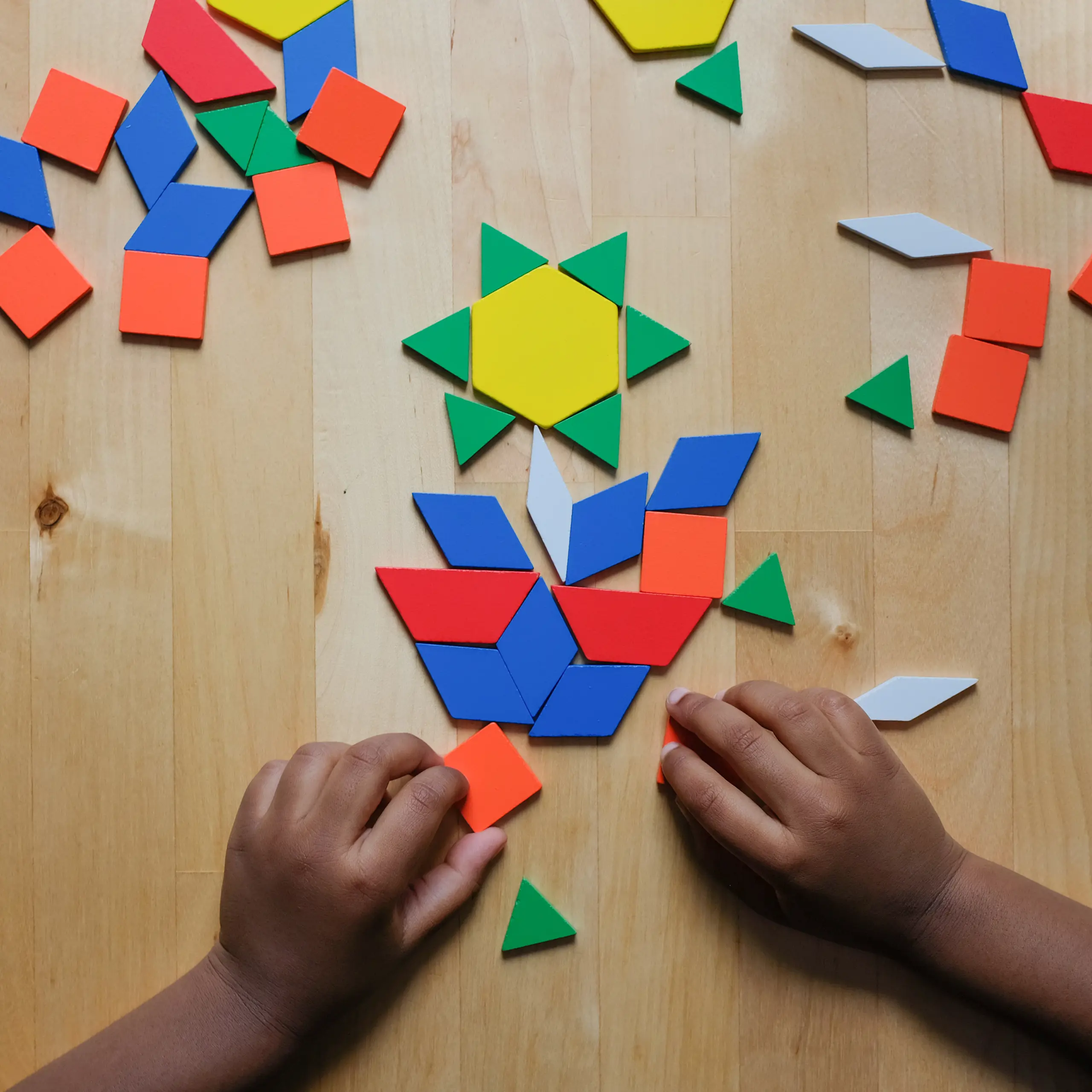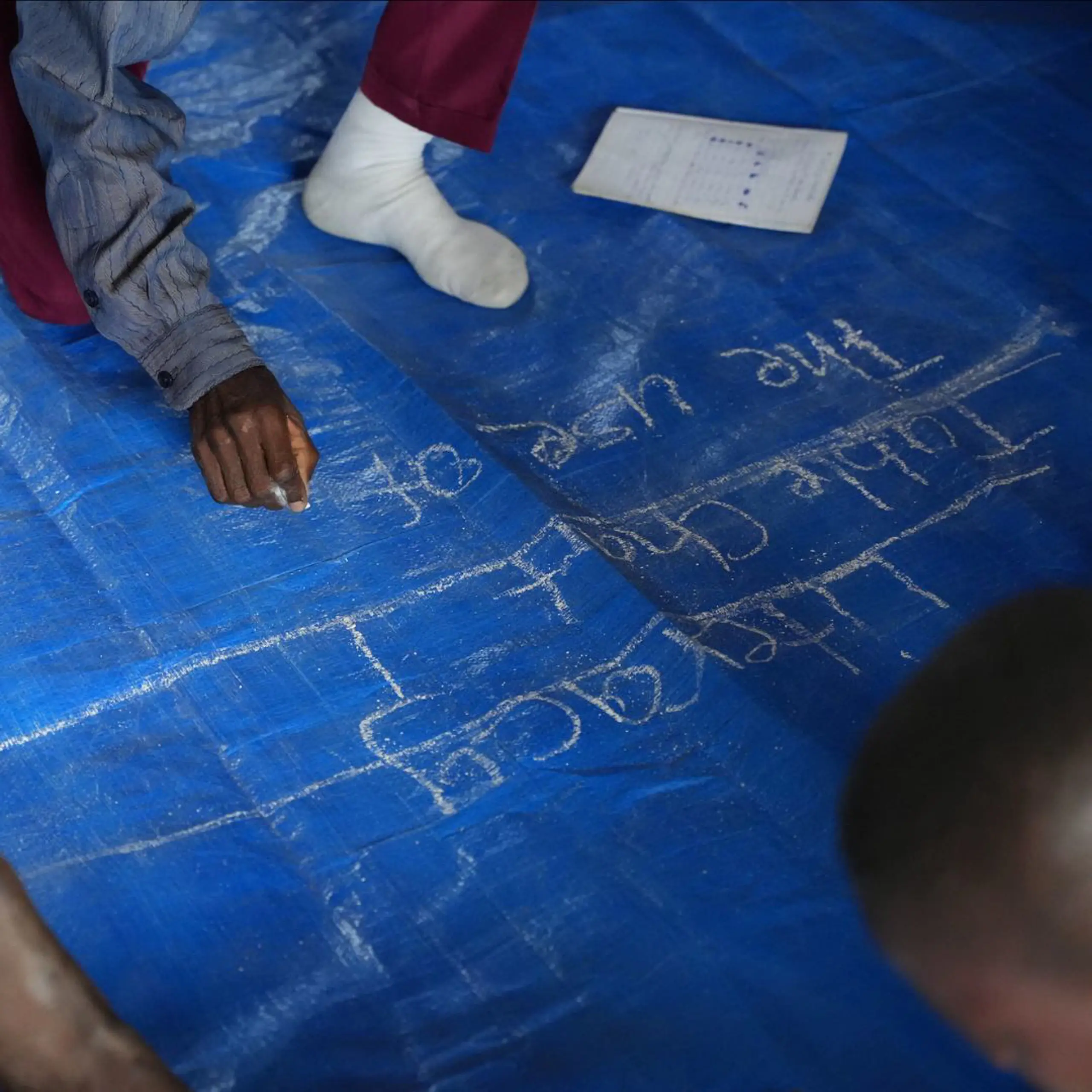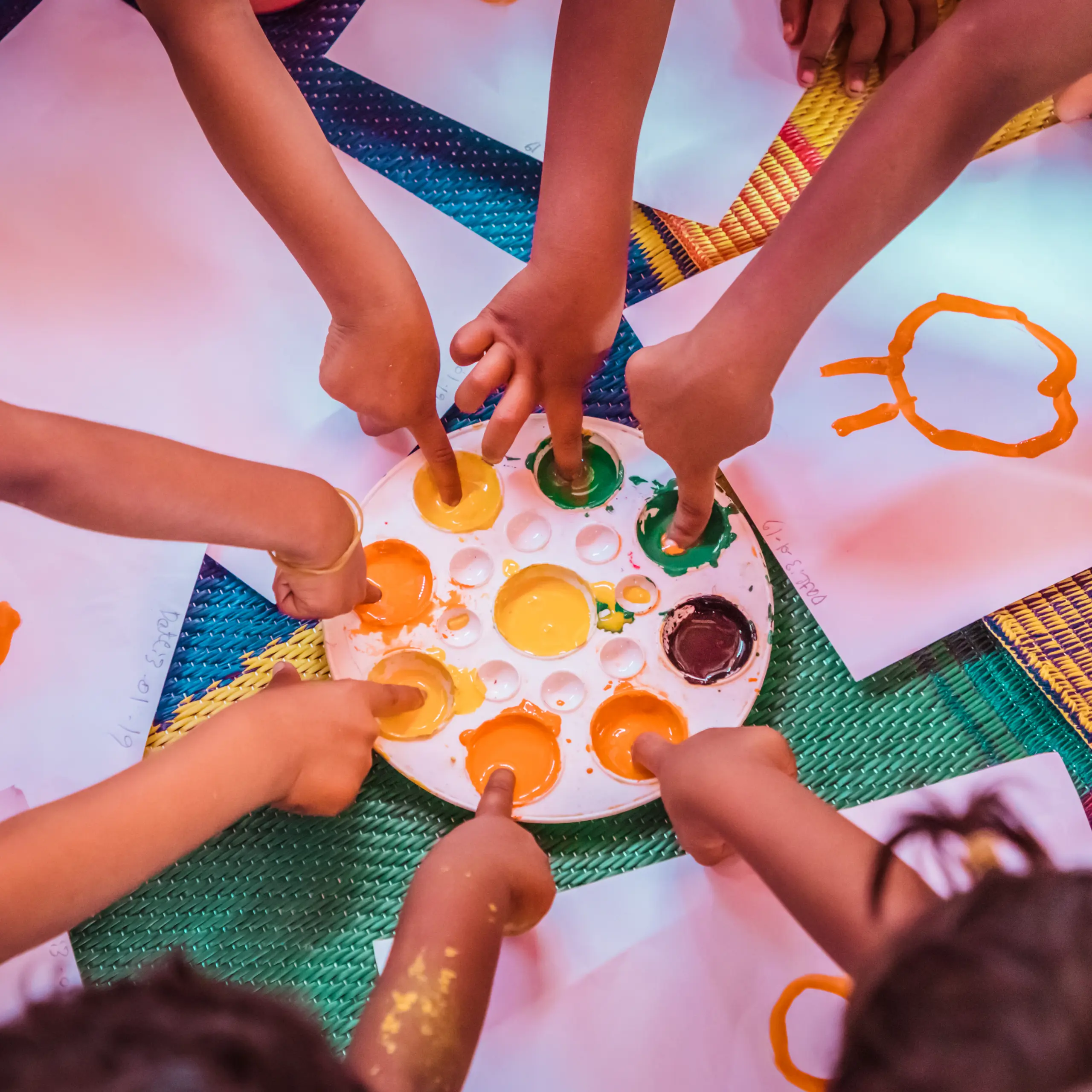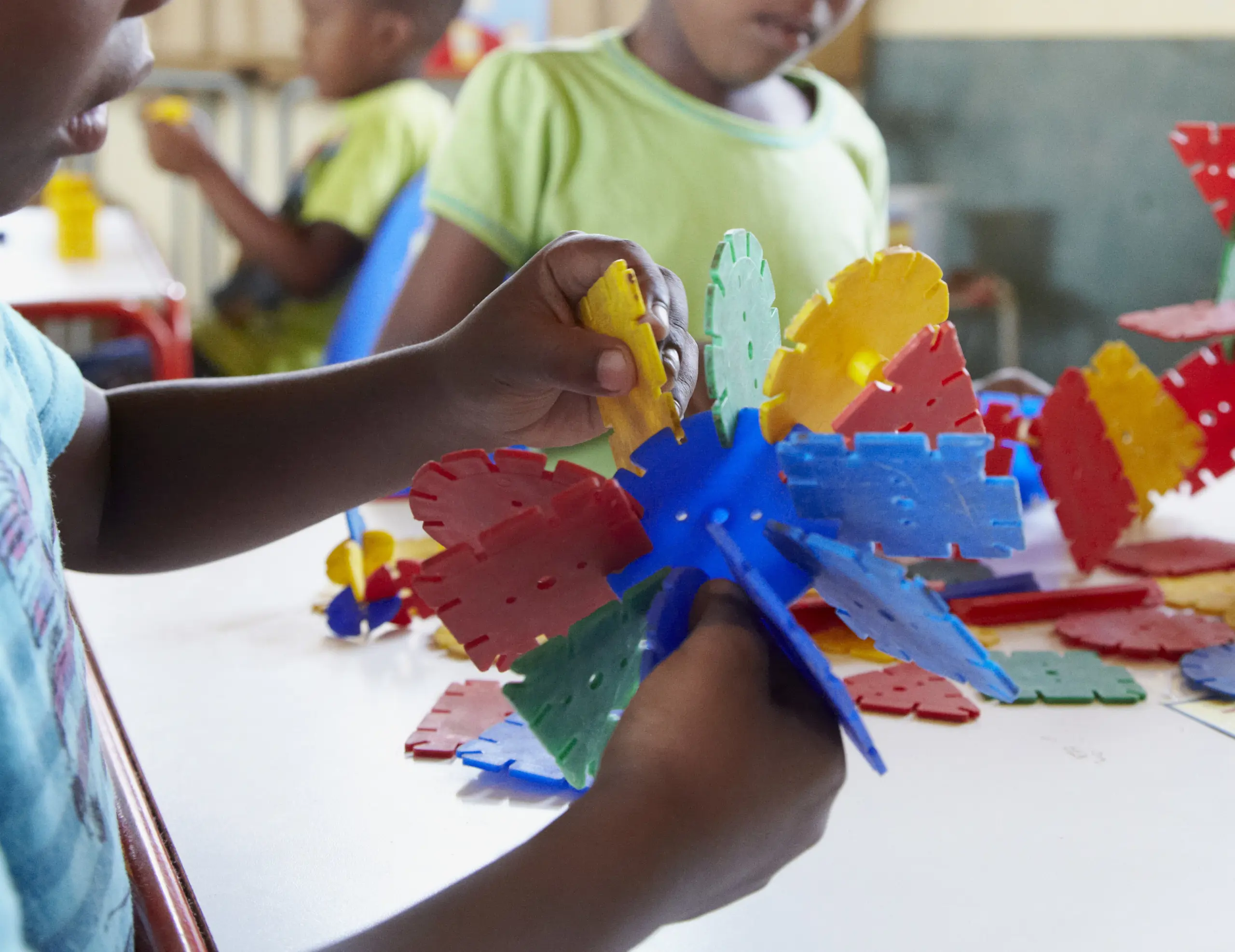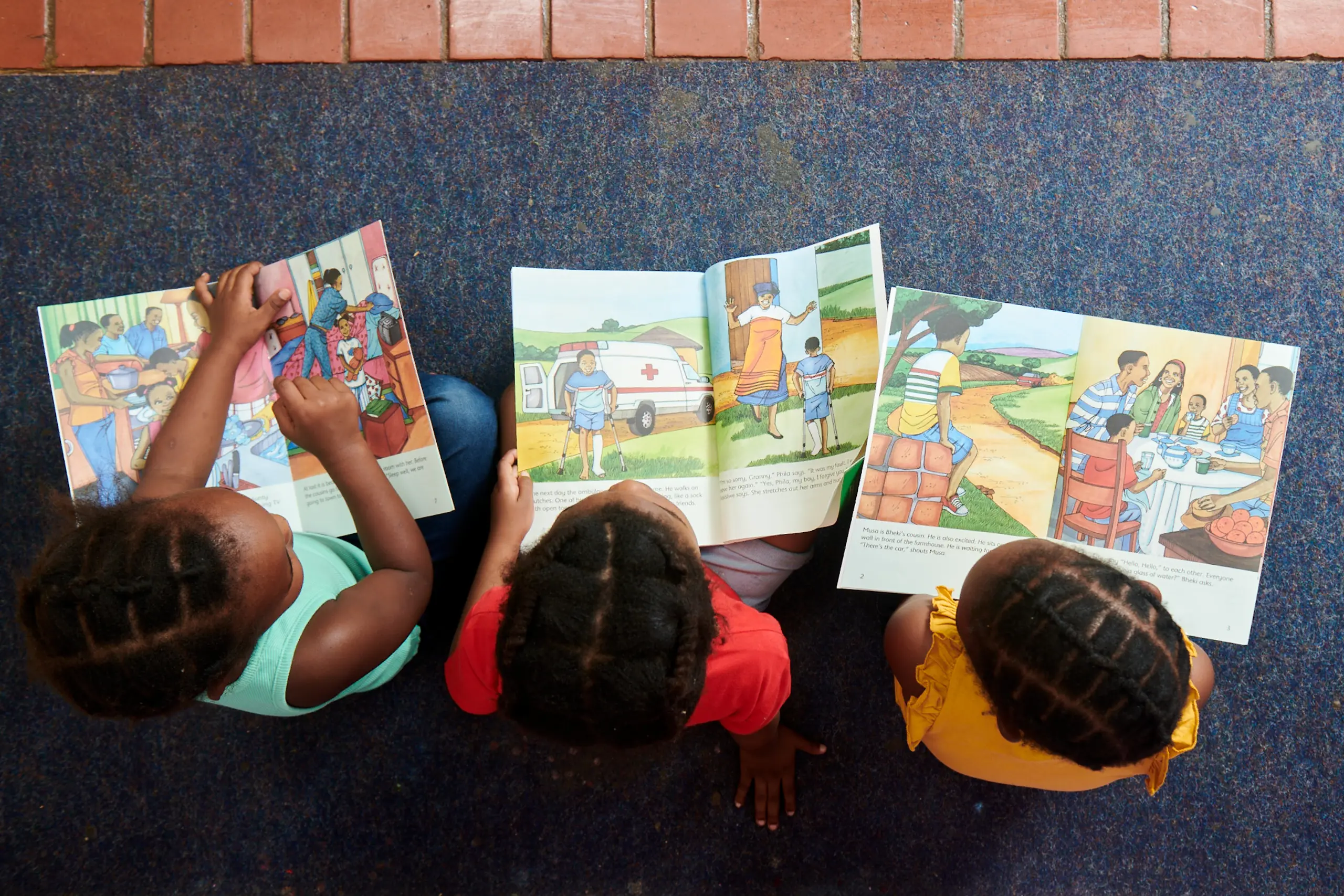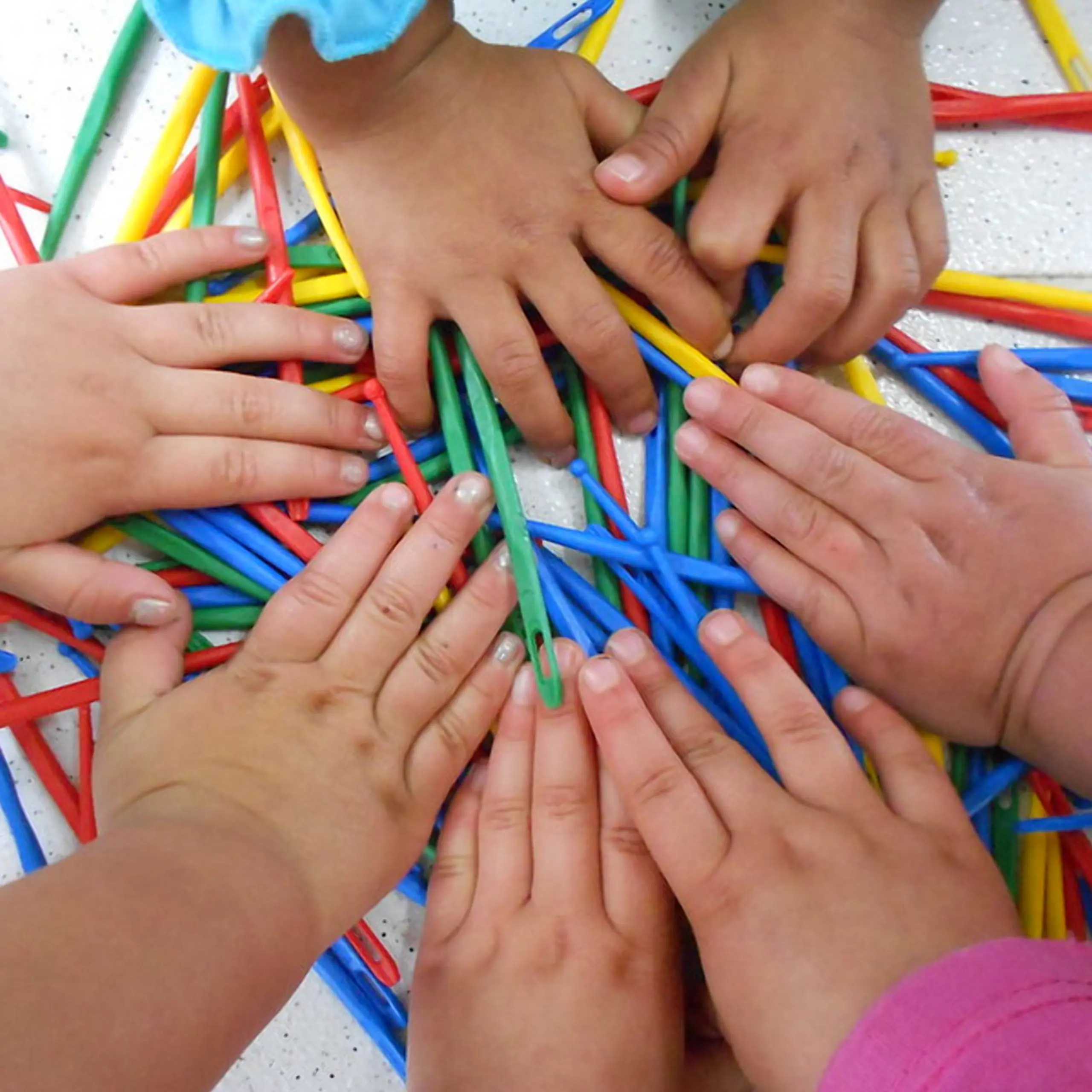The Engage toolkit (previously known as the PLAY toolkit) builds a better understanding of the components of great teaching and effective parental learning support that truly foster children’s engagement and underpin learning through play
Closing a gap in measurement
Existing monitoring and evaluation tools to measure quality learning environments do not focus specifically on playful learning and supporting children’s engagement in learning. New tools are needed to build our understanding of which strategies work best in different contexts. The LEGO Foundation believes that teaching and learning systems need to be reimagined to respond to children’s multifaceted learning and development needs, and to support them to develop the skills they need to succeed in an ever-changing world. To support that change, the Engage toolkit was developed to help practitioners, researchers and system actors understand how children’s engagement in learning is supported through playful, child-centred and explorative practices in different learning environments.
